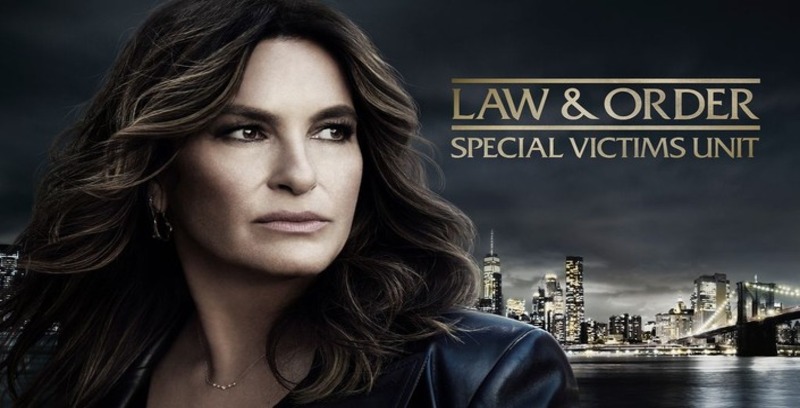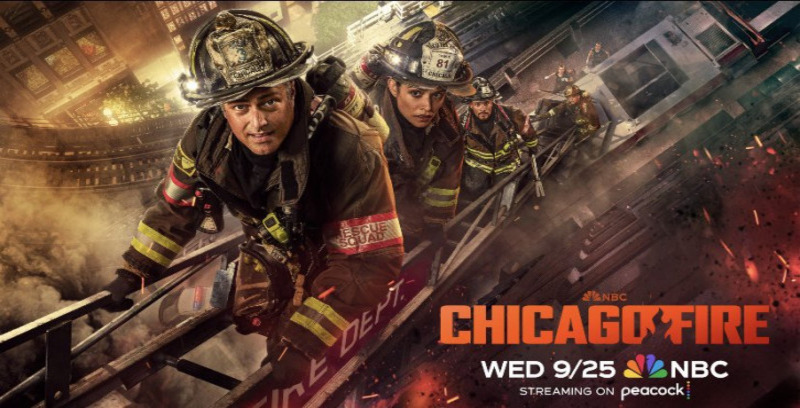I lost two Twitter friends yesterday. They both fell victim to a cancer spreading throughout social media, the cancer of the toxic fandom. It’s a vicious affliction that grows worse every day. I’ve seen it drive not only people like my friends, who enjoyed nothing more talking about their favorite shows but also writers, producers and even stars themselves from social media because of nasty and vitriolic posters. My friends found being around such actions were keeping them from having fun and being a part of a show’s online community and in one case drove one from social media altogether.
Make no mistake, I love television. I love talking about television and there is no greater place to do that these days than via social media, primarily Twitter. I have made friends all over the world on this instant medium. I longingly remember the days and was proud to be a part of a fandom of a certain show that banded together on Twitter, took on the Nielsen’s’, and earned our beloved show just one more season, and sat watching my timeline one night, tears in my eyes, as one of the stars of that show helped a young fan raise thousands of dollars for charity in a matter of hours.
While there are many great fandoms out there doing all sorts of wonderful things, sadly, I fear those type of fandom days are endangered by the toxicity prevalent in fandoms of many shows today. Just what makes a toxic fandom? Many things. For one, more and more people are posting without thinking of the consequences of their words. Now more than ever we should pause and look at what we’ve written before hitting send.
Today, there is rarely just a single group of fans any more, talking about their favorite show, debating what they liked and didn’t like with civil discourse. Now days a show’s fans are likely to be divided into warring factions fighting for dominance – this group hates one character, that group hates another, this character or actor’s not getting enough or too much screen time, and the poor writers, actors and producers get caught in the middle of the battles marked with vicious attacks, name calling, and scathing negativity.
There is absolutely nothing wrong with being passionate about a show you love, however there is a difference between being passionate and crossing a line into toxicity. More and more are posting without thinking of the consequences of their words, when now more than ever we should pause and look at what we’ve written before hitting send.
It’s fine to tell a writer/producer or show runner you don’t like or care for a storyline or a certain character, what’s toxic is constantly bombarding them with hate filled tweets like, “kill this character” or “I hate this character” EVERY time they’re on line or anytime that character is mentioned in an article about the show. That goes way beyond overkill. Often posts like these cross the line from voicing displeasure to become whining, teeth-gnashing rants that sadly, at times, devolve into nasty bullying, name-calling or personal attacks.
Unfortunately, one of the fallacies of social media is its immediacy, and when a star or executive doesn’t respond to one of thousands of tweets or messages they likely receive daily in a timely fashion or with the answer the fan wants to hear, they’re often greeted with anger or vitriol. That fan may choose to respond like a petulant child because they believe they are entitled to a response. Just because someone is on Twitter does not mean you are entitled to a response or to attack or insult them just because they don’t respond to you. Remember, they don’t have to be there at all, they’re there because they choose to be, often taking the time after a long hard day on set or doing promotion for their show, or taking time away from their families to talk to fans. When they do choose to respond, they deserve to be treated with courtesy and respect.
The writers, producers, directors, and actors on any show on television work extremely long, difficult hours to bring episodes to our television or computer screens. And no matter how long, or how hard they work to bring us the best possible episodes of our favorite shows they will not please everyone with every episode. Many fans often forget that people associated with these shows take time out of their very busy lives, away from their families to come onto social media to talk to them, because like anyone, they enjoy hearing if they’ve done a good job or not.
Toxic fan actions aren’t just limited to those directly involved with a show, I’ve seen it directed at the entertainment media that covers those shows. I’ve had colleagues threatened, and insulted; message board comments filled with hate filled rants and more because they wrote something that dared to be opposite of what that fan may think. This is toxic.
Suddenly, it’s wrong to have an opinion different from a group who believe they are right beyond all discussion. Simply put, they’re right, you’re wrong all the time, because you don’t agree with them or believe as they do. And if you do disagree with them, and god forbid you post it anywhere, that’s when the most toxic of a group will band together with personal attacks and name calling.
Having been on the receiving end of attacks like this on more than one occasion, I completely understand why so many stars, writers and producers are disappearing from social media. Given the scale of the attacks I endured I can’t imagine what they must see every day.
I realize that by writing this I am opening myself up to more attacks. The reality is, that by writing this I hope to shine a light on the cancer of the toxic fandom, groups that I have watched tear apart great fandoms for many shows in recent years.
I know there are many great fans and great fandoms out there. It’s time to cut this cancer from social media and take back fandoms ripped to pieces by a toxic fandom. It’s time to #TakeBackOurFandom.
How do you feel about the social media fandoms of your favorite shows? Discuss below.
Sign Up for the SpoilerTV Newsletter where we talk all things TV!
Recommendations
Subscribe to:
Post Comments (Atom)













